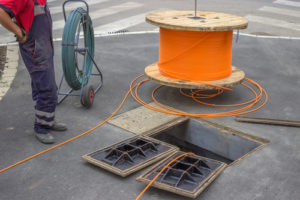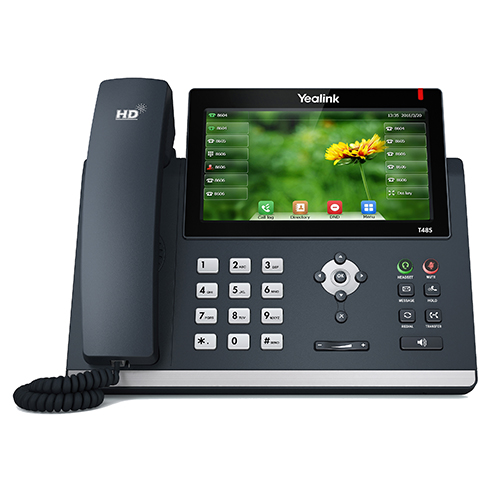21 years ago, the Sacramento Business Journal wrote about the virtues of the telephone company’s Integrated Services Digital Network, or ISDN. At the time, Primary Rate Interface (PRI) was the gold standard in digital voice for businesses.
With PRI, up to 23 conversations could be carried on two pairs of copper telephone wire. For years, PRI was a common offering to California businesses by carriers such as AT&T.
It made economic sense for a telephone company to multiplex as many conversations as technically possible on the fewest number of wires. That saved the telco from having to run a separate pair of copper wires from the street to a building for each telephone number.
PRI did not necessarily translate to a commensurate cost savings for customers of the carriers. PRI service continues to be expensive by today’s standards. The bills from the phone company for PRI can be difficult to interpret. Some companies are overpaying for PRI without knowing it.
With advances in technology, there will soon be a time when telephone companies no longer offer new PRI service to Sacramento area businesses. Eventually, PRI will go away altogether.
What is Replacing PRI?

Above ground and underground copper wire is continually being replaced by underground fiber-optic cable.
If you have ever seen a construction crew on the street with a big roll of bright orange cable on truck, they may be laying fiber-optic cable. Sometimes fiber-optic cable is buried just below a street’s surface using a technique called micro trenching.
Fiber-optic cable takes the idea of multiplexing conversations over a single physical path to a new level. A fiber strand the width of a human hair can carry as many as 25,000 voice conversations.
Fiber removes the physical aspect of phone lines. For existing PBX systems, phone lines become virtual over what is referred to SIP trunking.
When a VoIP system is full hosted — the solution that small business gravitate to — voice traffic is just another internet data stream. All phones connect directly to the internet.
What Does Fiber-Optic Service Mean For Your Business?
Fiber-optic service to your building(s) means fast data transmission speeds and more reliable digital voice transmission. Too much voice traffic can overwhelm DSL service or even some coax cable services. With fiber service, each VoIP telephone call only requires a tiny fraction of the available bandwidth from fiber-optic internet service.
If you are planning to move your business to a new location, it’s worth checking to see if one or more carriers provide fiber-optic service to the building you will be moving into.
If you move your business to a building with fiber-optic internet service, that will be a good time to consider switching to VoIP telephone service. The costs of moving and redeploying your existing PBX system will likely be higher than transitioning to a VoIP system.
Fiber-optic service can also mean less overall cost than PRI. The billing for fiber-optic service is straightforward. Outside of any installation charges, all of a company’s voice and data traffic can be represented by a single line item on a monthly invoice.
When a business switches from an in-house PBX plus PRI to a hosted VoIP system plus fiber internet service, that business can keep all the same direct dial phone numbers. That business will get access to an entire new set of phone system features as well.


